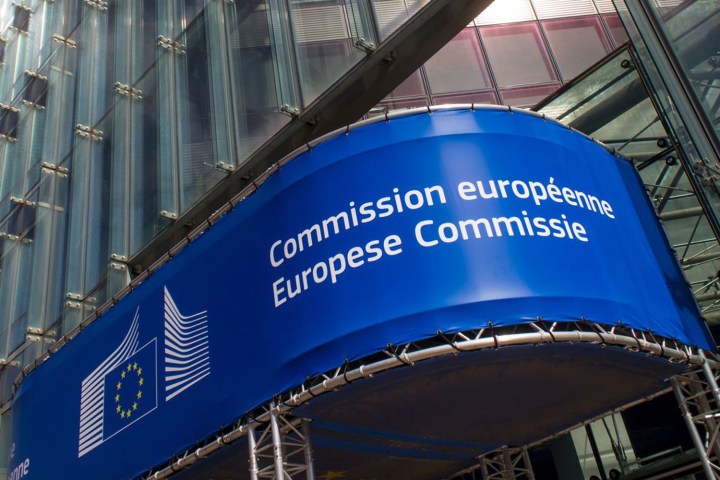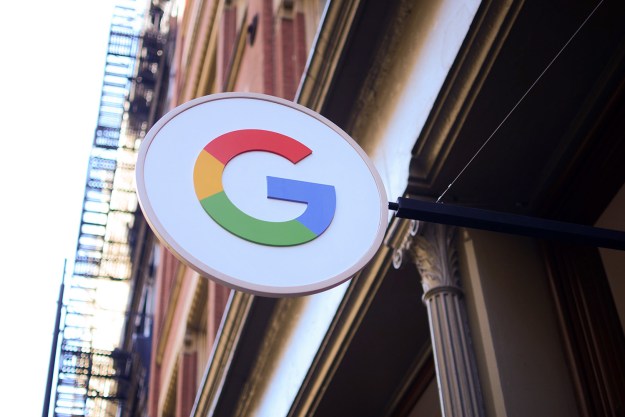
Google had 12 weeks to respond to the EU Commission’s charges, with a deadline of July 27; but now the company has been given a six-week extension. A European Commission spokesman said it had, “Agreed to extend Google’s deadline to respond to its Statement of Objections concerning Android and its applications until September 7.”
Earlier, Google’s general counsel Kent Walker told Reuters, “We look forward to working with the European Commission to demonstrate that Android is good for competition and good for consumers.” Its request for an extension is for “additional time to review the documents in the case file,” according to the spokesman speaking to the Guardian.
Stifled
Why has the accusation been made? The Commission doesn’t want competition to be stifled, but considers that by requiring the pre-installation of apps including Chrome and Google Search functionality, Google is effectively denying the public any choice. It’s not the first time the Commission has looked at pre-installed software this way. More than a decade ago, it decided Microsoft was shutting out competition with its Media Player, given the likelihood that people would just opt to use the default media player on the operating system, rather than installing another, third-party one.
Verstager said Google’s actions, “deny consumers a wider choice of mobile apps and services and stands in the way of innovation by other players,” according to Reuters.
“We need to be sure that big companies don’t try to protect themselves by holding back innovation,” Vestager said prior to the official complaint. “Our concern is that, by requiring phone makers and operators to pre-load a set of Google apps, rather than letting them decide for themselves which apps to load, Google might have cut off one of the main ways that new apps can reach customers.”
Voluntary
Google told Digital Trends that manufacturers can use Android however they wish.
“Anyone can use Android, with or without Google applications,” a spokesperson said. “Hardware manufacturers and carriers can decide how to use
And the company argued for its partner agreements last year in a blog post, citing that they were voluntary.
“It’s important to remember that these are voluntary — again, you can use Android without Google — but provide real benefits to
The European Commission’s investigation into Google’s services has been ongoing for quite a while, and last year, the Commission sued the search giant over anti-competitive practices for search results and for its Google Shopping search comparisons.
Previous updates:
Updated on 07-13-2016 by Andy Boxall: Added in news of an extension granted to Google by the EU Commission
Updated on 04-20-2016 by Andy Boxall: Added in news of the EU Commission’s official charges
Editors' Recommendations
- Google just released the first Android 15 beta. Here’s what’s new
- Google just announced Android 15. Here’s everything that’s new
- Google just announced 9 new features for your Android phone and watch
- How Android 14 is Google’s secret weapon to make Android tablets great
- Google gives Android 13 a magic trick for music playback at CES 2023

